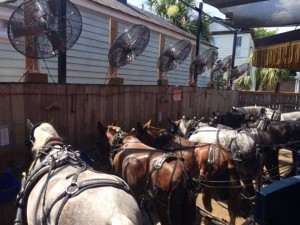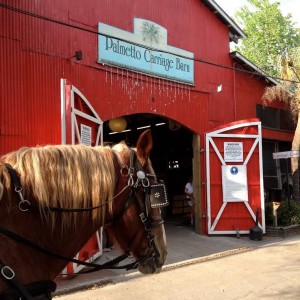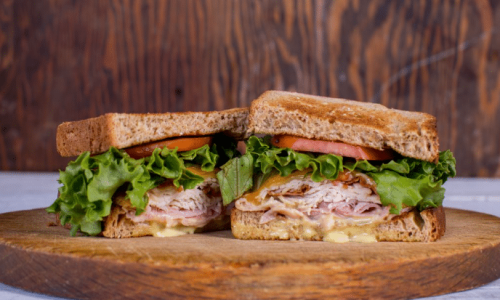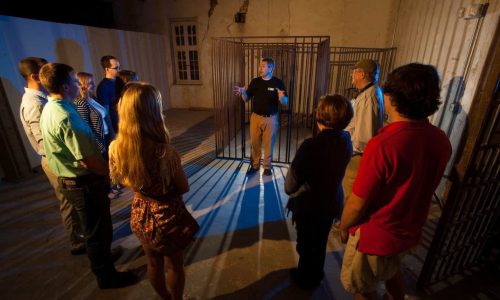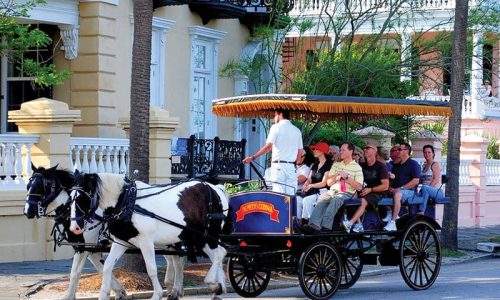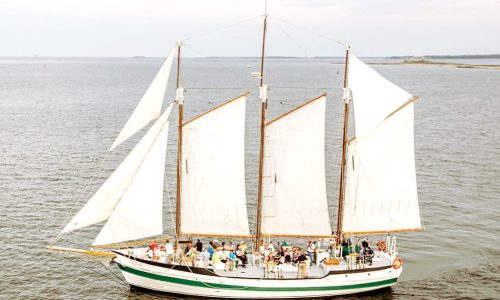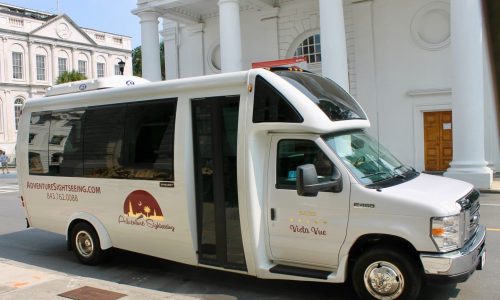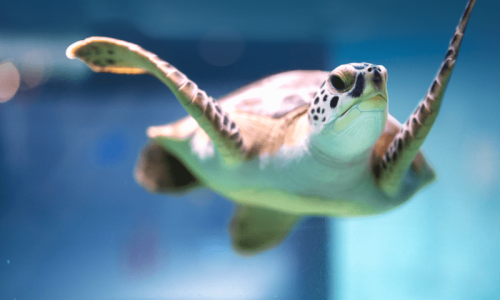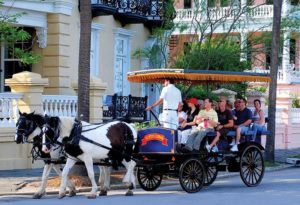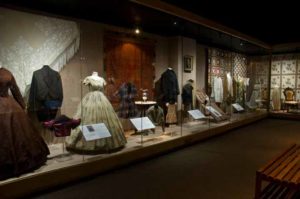When visitors come to Charleston, one of their favorite attractions is a carriage tour. It’s a great way to get an entertaining overview of Charleston history, architecture and culture. The clip-clop of hooves is a common sound on the historic streets as horses and mules lead their carriages full of tourists during the summer season.
Yet when the temperature soars, carriage tour companies put safety first, ensuring their animals don’t overheat. At Palmetto Carriage Works, manager Mary Allis Edwards says they take the temperature of each horse or mule after every carriage ride.
The animals will always have a temperature higher than a human’s because they are simply warmer than people. The average temperature for the animals is 99 to 100.2 degrees. If Palmetto Carriage finds an animal’s temperature has hit 103 degrees, the animal is removed from the tour rotation and cooled off with mister fans and hoses. Palmetto Carriage also monitors the animals’ digestion for any issues.
The City of Charleston mandates that carriage tour companies shut down when the temperature reaches 98 degrees. And the carriage tour companies are quick to comply.
“The system we do and that the city (requires) has a 100 percent success rate,” Edwards says. “We’ve never had a heat-related incident. Our process works 100 percent. There’s never been an animal that overheated and got sick or died. It’s a system that obviously works. Everybody handles the heat just like they should.”
Palmetto Carriage has about 50 animals in its working herd, so they have plenty to rotate through the tour routes over the course of a busy summer season. Most of the animals are 10 to 12 years old, having retired from much harder jobs working on Amish farms or pulling logs for forestry companies.
“This is probably the easiest job they can have,” Edwards says.
Palmetto Carriage Tours has been in her family for 37 years, Edwards says, and they take the animals’ care seriously. They invite the public to come by and learn more about the animals and their process for keeping them safe – especially in hot weather.
“These are our pets and we do care,” she says. “It’s not just our livelihood.”

